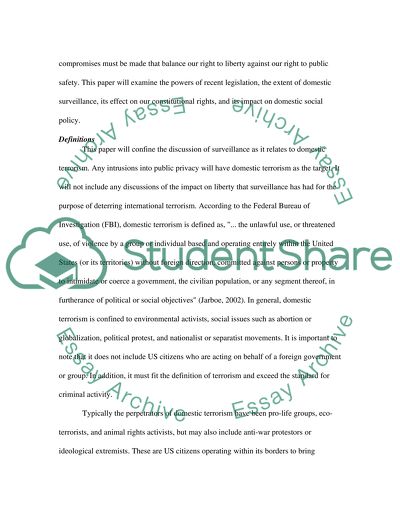Cite this document
(“The War on Domestic Terrorism: Implications for Social Policy Term Paper”, n.d.)
The War on Domestic Terrorism: Implications for Social Policy Term Paper. Retrieved from https://studentshare.org/social-science/1504296-domestic-terrorism-high-school-essay
The War on Domestic Terrorism: Implications for Social Policy Term Paper. Retrieved from https://studentshare.org/social-science/1504296-domestic-terrorism-high-school-essay
(The War on Domestic Terrorism: Implications for Social Policy Term Paper)
The War on Domestic Terrorism: Implications for Social Policy Term Paper. https://studentshare.org/social-science/1504296-domestic-terrorism-high-school-essay.
The War on Domestic Terrorism: Implications for Social Policy Term Paper. https://studentshare.org/social-science/1504296-domestic-terrorism-high-school-essay.
“The War on Domestic Terrorism: Implications for Social Policy Term Paper”, n.d. https://studentshare.org/social-science/1504296-domestic-terrorism-high-school-essay.


